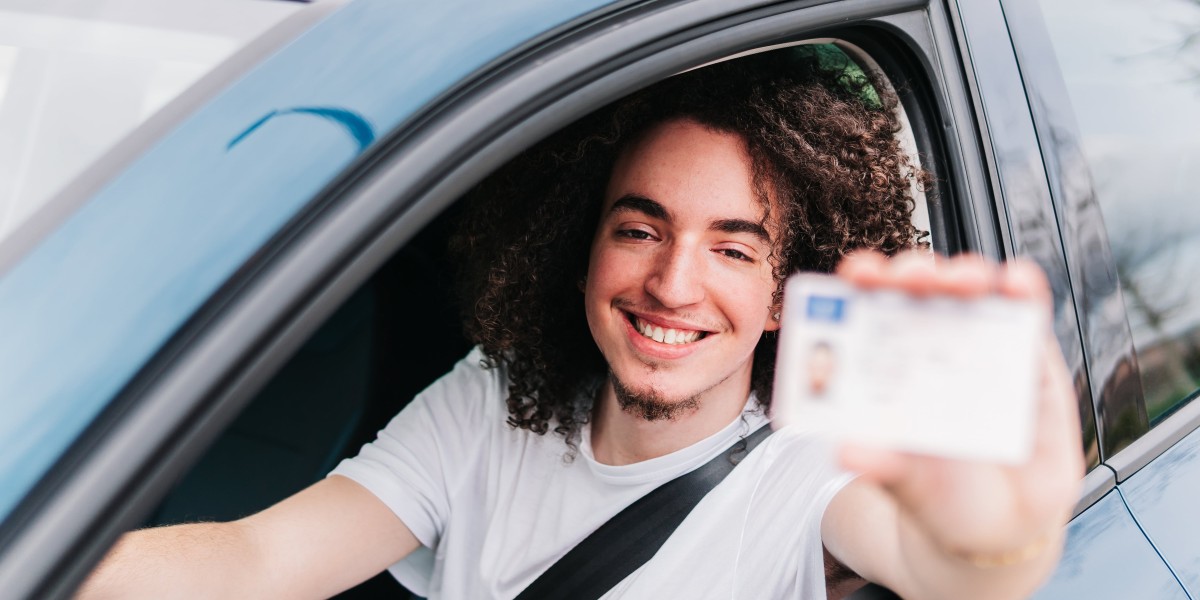Navigating the Digital Highway: Understanding Online Driver's Licenses
In an age where technology has transcended traditional barriers, the world of getting a driver's license has actually gone through a significant change. The online driver's license system is reinventing how people obtain and manage their driving credentials. This short article checks out the ins and outs of online driver's licenses, their numerous benefits, prospective mistakes, and a detailed FAQ section to deal with typical queries.
What is an Online Driver's License?
An online driver's license is a digital variation of a conventional paper or plastic driver's license provided by a state or country's Department of Motor Vehicles (DMV) or equivalent authority. It enables drivers to authenticate their identity while driving or participating in age-verification processes Online Drivers Licence. The digitalization of the driver's license has made the management of personal driving qualifications more available, safe and secure, and hassle-free.
Benefits of Online Driver's Licenses
1. Convenience
The most apparent advantage of online driver's licenses is convenience. Rather of physically checking out a DMV workplace-- a place understood for long waits and laborious processes-- people can now finish most of the application process digitally.
2. Streamlined Process
Online applications are generally created to be easy to use. The majority of states have actually guaranteed that their sites are intuitive, assisting applicants through each action of the process.
3. Immediate Access
Once the application is approved, users can typically download a digital variation of their driver's license right away. This instant gain access to removes the discouraging hold-up between passing a driving test and receiving a physical license in the mail.
4. Lowered Paperwork
Digital licenses lower the requirement for paper applications and files. This transition not just benefits the environment but also decreases the probability of lost documentation.
5. Boosted Security
Online driver's licenses typically come geared up with boosted security features, such as biometric data or file encryption that is not offered in traditional types. This included layer of security helps avoid identity theft and scams.

6. Easy Updates
If a driver requires to alter their individual information, such as an address or name, they can do so online without visiting a DMV office. This ease of access promotes accuracy and up-to-date records.

How to Obtain an Online Driver's License
While the application process may vary from one state to another, the essential steps are generally similar. Here is a fundamental overview of the procedure:
- Eligibility Check: Confirm that you are qualified for an online driver's license application by examining your state's requirements.
- Gather Required Documents: These may consist of recognition documents, evidence of residency, and any appropriate previous licenses.
- Complete the Online Application: Fill out the application on your state's DMV website. This kind may consist of personal details, driving history, and other pertinent information.
- Pay Fees: Most states will require a cost that can be paid online via credit card or other payment approaches.
- Take the Test (if required): Some states may need online tests for driving understanding or vision.
- Submit Your Application: After examining that all supplied details is appropriate, send your application.
- Receive Your License: Upon approval, you can download a digital version of your online driver's license. A physical copy usually follows through mail.
Prospective Pitfalls
While the online driver's license system has actually been heralded for its benefits, it also provides difficulties:
- Technical Issues: Not everyone is tech-savvy, and some people might deal with online applications due to bad internet connection or lack of familiarity with technology.
- Scams and Scams: As with any online system, there is a threat of online frauds. Users should ensure they are communicating with genuine government sites.
- Limited Availability: Some states may not yet use online applications. People living in these locations may not benefit from the online system.
- Digital Divide: Relying on an online system might disenfranchise people without routine access to the web or electronic devices.
Frequently Asked Questions about Online Driver's Licenses
1. Is an online driver's license legitimate everywhere?
Online driver's licenses are normally valid in the releasing state and may be accepted in other states, however it is necessary to inspect local laws and policies, as acceptance can vary.
2. Can I utilize my online driver's license for recognition?
Yes, most states enable online driver's licenses to be utilized as valid identification for age verification, travel, and other identification-related needs.
3. What occurs if I lose my digital license?
If you lose your digital license, you can normally visit to your state's DMV website to re-download or reset your license details.
4. Do I still receive a physical license?
Lots of states provide both a digital version and a physical card. However, some states might have transitioned totally to digital licenses, so validating with your regional DMV is crucial.
5. How do I update my details?
Most states allow individuals to update individual information through their DMV's site, making it a simple and fast process.
The transition to online driver's licenses represents a significant shift in the method people engage with their driving credentials. With its myriad of advantages-- varying from increased convenience to improved security-- the online driver's license system is shaping the future of identification. Nevertheless, it is vital for users to remain watchful against potential pitfalls and stay notified about their state's particular guidelines. As technology continues to develop, the process of getting and handling a driver's license will likely become a lot more structured and user-friendly.







